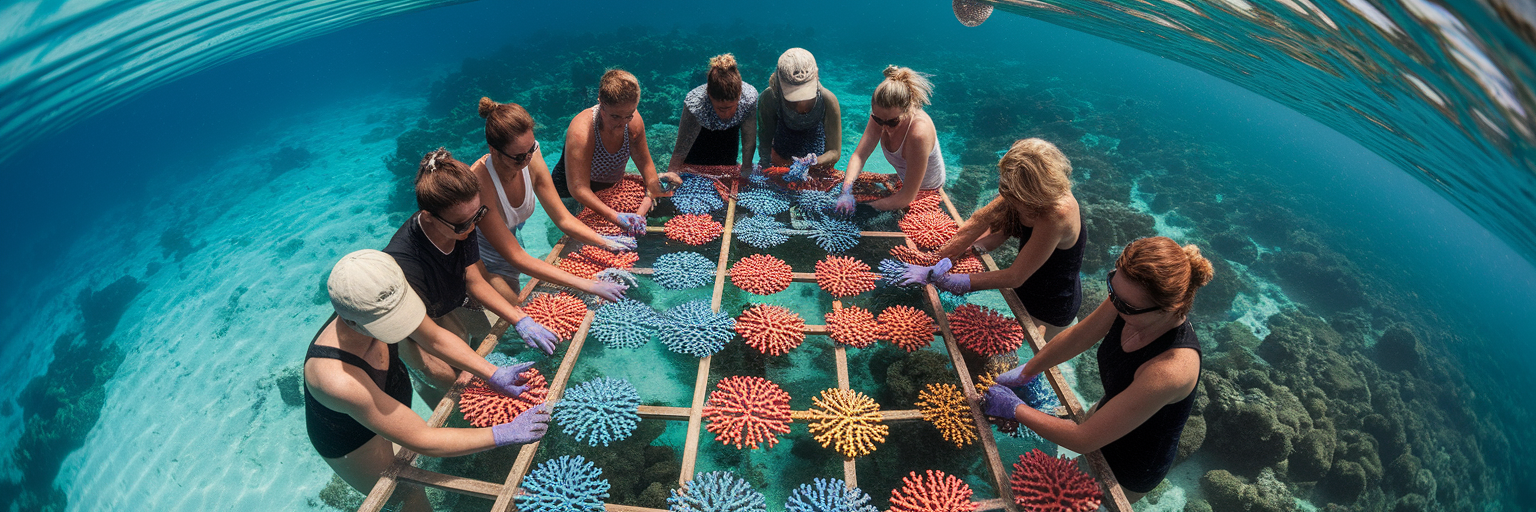How Bali Blends Eco Luxury and Purpose for Incentive Travel
Learn how to design a corporate incentive trip to Bali that blends regenerative luxury with meaningful, sustainable experiences.

Learn how to design a corporate incentive trip to Bali that blends regenerative luxury with meaningful, sustainable experiences.

The expectations of the modern workforce are changing. According to Deloitte's 2023 Gen Z and Millennial Survey, younger employees increasingly make career decisions based on their personal ethics and values. This shift has a direct impact on corporate rewards, rendering generic luxury trips less effective. The new benchmark for incentive travel is not just about opulence, but about purpose.
Bali stands out as the ideal destination for this evolution. The island offers a unique combination of a deep-seated cultural philosophy of balance, known as Tri Hita Karana, a sophisticated luxury hospitality sector, and a growing infrastructure for sustainable practices. This is not about sacrificing comfort but enhancing it with meaning. A trip to Bali can be more than a reward. It can be an experience that resonates with an employee’s desire for connection and positive impact.
Choosing to create purpose-driven incentive programs is a strategic business decision. It strengthens brand reputation, helps achieve corporate social responsibility objectives, and builds a profound sense of loyalty that a standard beach holiday simply cannot match. When employees see their company investing in experiences that align with their values, the connection deepens from professional to personal.

The term ‘sustainability’ in hospitality often brings to mind signs asking guests to reuse towels. Regenerative hospitality goes much further. It is an active philosophy focused on leaving a place better than it was found. For corporate groups, this means staying in locations that contribute directly to the environmental and social wellbeing of their communities. These are not just hotels, they are ecosystems of positive change.
Bali’s premier eco-luxury corporate retreats are defined by tangible commitments that move beyond marketing claims. These properties are built on principles that blend opulence with responsibility:
These principles are the foundation upon which truly bespoke corporate experiences are built, aligning with a range of services designed for impact. For MICE planners, the key is to look past the glossy brochures. Ask for measurable outcomes. What percentage of the staff is hired from the local village? Can the property provide data on its waste reduction or water conservation efforts? The answers reveal the true depth of their commitment.
| Factor | Standard Luxury Approach | Regenerative Luxury Approach |
|---|---|---|
| Sourcing & Materials | Imported, high-end materials | Locally sourced, reclaimed, or sustainable materials (e.g., bamboo, teak) |
| Community Engagement | Minimal interaction, often transactional | Direct employment, profit-sharing, and skill-building programs for local communities |
| Environmental Impact | High consumption of resources (water, energy) | Net-positive goals, with closed-loop water systems and renewable energy |
| Guest Experience | Passive indulgence and comfort | Immersive, educational experiences connected to local culture and nature |
While a regenerative resort provides the perfect home base, the activities undertaken during an incentive trip are what create lasting memories. Moving beyond the walls of the hotel, these experiences connect teams with the heart of Bali, transforming a simple vacation into a journey of discovery and contribution. This is the essence of corporate social responsibility travel.
Imagine your team learning the ancient art of batik dyeing or the intricate process of silversmithing, guided by a master artisan in their own village workshop. This is more than a souvenir-making session. It is a direct and respectful exchange where the fees paid support the artisan’s family and the preservation of a cultural tradition. Participants leave not just with a unique creation, but with a personal story and a connection to the person who taught them.
Meaningful environmental action can be scaled for large groups. Instead of a simple beach cleanup, consider involving your team in a professionally led coral reef restoration project in North Bali. Here, they can actively help build and plant new coral structures that will rejuvenate marine ecosystems. Another powerful option is participating in a reforestation program in a protected area, where each tree planted contributes to the island's ecological resilience. These initiatives offer tangible results and a powerful sense of collective achievement.
Bali’s spiritual depth offers opportunities for profound personal reflection. We can arrange exclusive and respectful experiences that avoid the typical tourist trails. This could be a private water blessing ceremony at a sacred spring, a workshop on crafting traditional herbal medicine, or a guided trek through ancestral rice terraces with a village elder who shares stories passed down through generations. These activities connect personal wellness with a deep respect for local traditions.
Integrating these activities requires careful planning. The process involves:
These shared, meaningful experiences are instrumental in building the kind of deep connection that underpins true brand loyalty.

Organizing a large-scale incentive trip comes with logistical complexities. For sustainable incentive travel Bali, every detail matters. Demonstrating a commitment to responsibility requires a thoughtful approach to the operational side of the event, ensuring that the group’s footprint is as light as possible without compromising on comfort or efficiency.
A key area is transportation. The infrastructure for luxury group travel Bali now includes fleets of electric vehicles. Using EVs for airport transfers and daily excursions maintains a high standard of comfort while significantly cutting the group's carbon footprint. It is a visible statement of the program's eco-conscious ethos.
Modern, paperless solutions are also central to Bali MICE sustainability. A dedicated event app can replace printed schedules, maps, and updates, streamlining communication and eliminating paper waste. We also partner with venues and caterers who are committed to zero-waste goals. This means using reusable serviceware, avoiding single-use plastics, and implementing robust systems for recycling and composting.
Finally, ethical sourcing extends beyond the kitchen. Every element of the trip, from welcome gifts and decor to entertainment, can be sourced from local social enterprises and small businesses. This ensures the economic benefits of the event are distributed widely within the Balinese community. Successfully managing these sustainable logistics requires meticulous coordination, underscoring why you need an event planner with local expertise.
A well-designed incentive trip to Bali should be viewed not as an expense, but as an investment in your company’s culture and future. The conversation must shift from short-term ROI to long-term value. The true measure of success for sustainable incentive travel Bali lies in the lasting gains in employee engagement, retention, and brand advocacy.
The powerful stories and shared memories generated from such a trip become invaluable assets. They fuel internal communications, enrich employer branding, and provide authentic proof that the company lives its values. When an employee shares a photo of the coral reef they helped restore, it speaks volumes more than any corporate mission statement.
Ultimately, a thoughtfully executed program in Bali serves as a strategic blueprint for future corporate events across the APAC region. It sets a new, forward-thinking standard for what a corporate reward can and should be. It’s about creating a legacy of positive impact, a philosophy at the core of our approach to crafting unforgettable events.